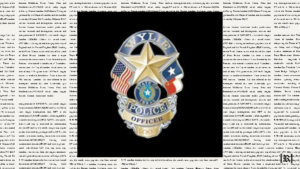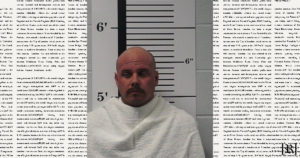AUSTIN – Texas Attorney General Ken Paxton issued a cease-and-desist letter yesterday to a North Texas contractor who recently distributed fliers in neighborhoods tragically impacted by the recent tornados. These fliers especially made elderly residents believe the Texas Department of Insurance was sending them a public service announcement warning to purchase the contractor’s product or else face a criminal misdemeanor punishable by jail and fine.
The Consumer Protection Division of his office notified Prepaid Home Deductible LLC., that they should immediately discontinue such business practices or else his office would pursue all remedies available under law to protect Texas citizens and consumers. These practices, according to the letter, if proven true, violate the Deceptive Trade Practices Act (DTPA) Sections 17.46(b)(2) and 17.46(b)(29).
“In the aftermath of such a tragic storm in North Texas, my office will pursue any individual or company to the fullest extent of the law who tries to take advantage of vulnerable residents trying to rebuild,” said Attorney General Paxton. “Any individual who believes that this contractor or any other has misrepresented the law or misled storm victims in any way should contact my Consumer Protection Division immediately.”
The Texas DTPA provides civil penalties of up to $10,000 for each violation of the act, recovery of attorneys’ fees and restitution, as well as entry of a court-ordered injunction against businesses that violate the act. Consistent with Texas’ zero tolerance targeting the elderly the DTPA also includes an additional civil penalty of up to $250,000 for deceptive acts and practices calculated to acquire or deprive money or property from consumers 65 and older.
To see a copy of the letter click here.








